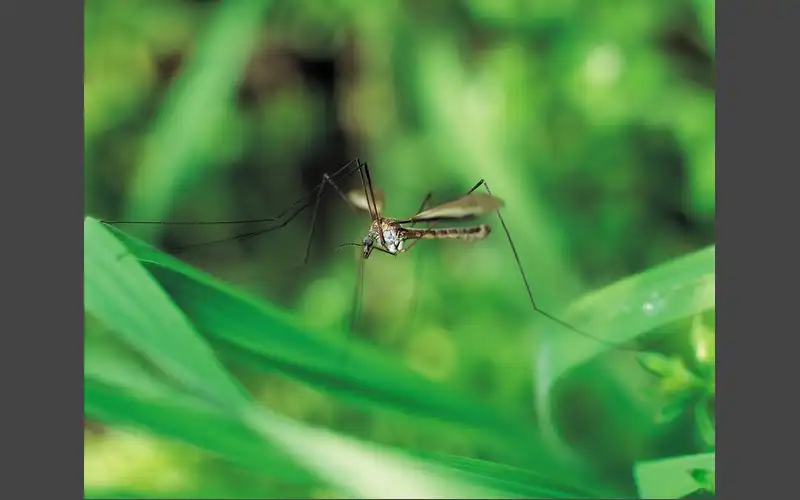Longer, hotter summers and changing weather patterns are bringing more than just heat. Health officials say they’re also contributing to a rise in mosquito-borne illnesses across the United States.
Each year, mosquito-related diseases affect thousands of Americans. The Centers for Disease Control and Prevention reports more than 2,000 cases of West Nile virus annually. Other illnesses, such as dengue fever, Zika, and chikungunya, are also spreading beyond tropical climates and appearing in states across the country.
Experts say warming temperatures are creating more favorable conditions for mosquitoes that spread disease. Even small amounts of standing water, such as in dog bowls or flowerpots, can become breeding grounds.
Doctors recommend several precautions to reduce the risk of infection:
- Drain standing water around your home at least once a week.
- Use insect repellent with 20–30% DEET. Always look for the EPA registration number on the label to ensure safety.
- Wear protective clothing, including long sleeves and pants, especially during peak mosquito activity.
- Report dead birds in your area, as they may indicate that West Nile virus is present in the environment.
- Watch for symptoms like high fever, rash, or joint pain following mosquito bites, especially in children. These could be early signs of more serious conditions.
Parents are advised to consult the EPA website to verify the safety of insect repellents for children by age group.


















